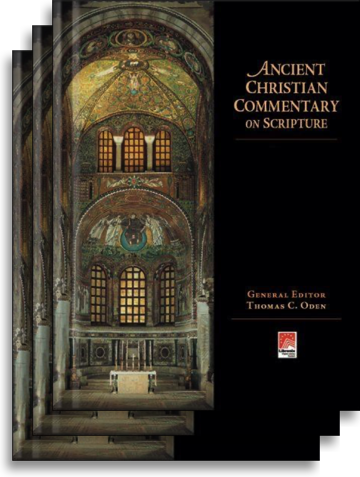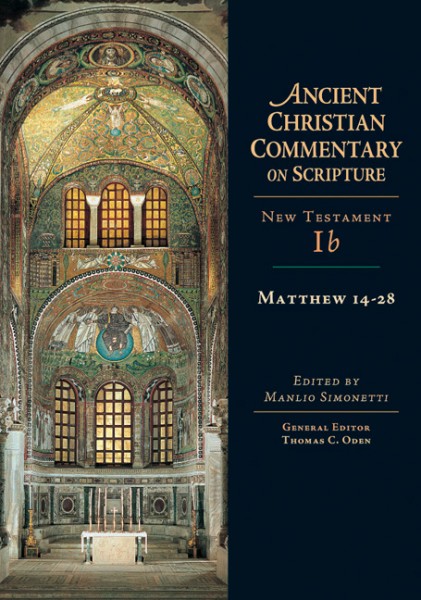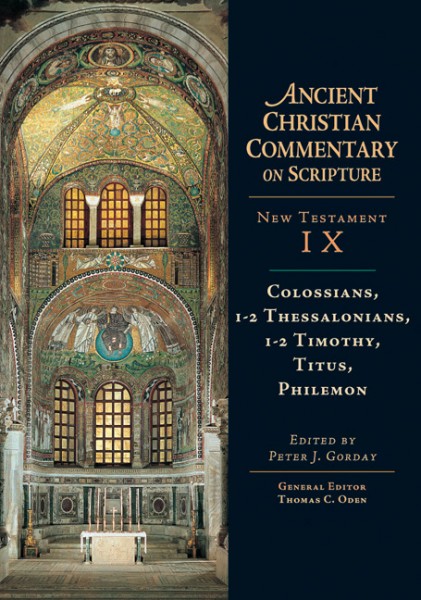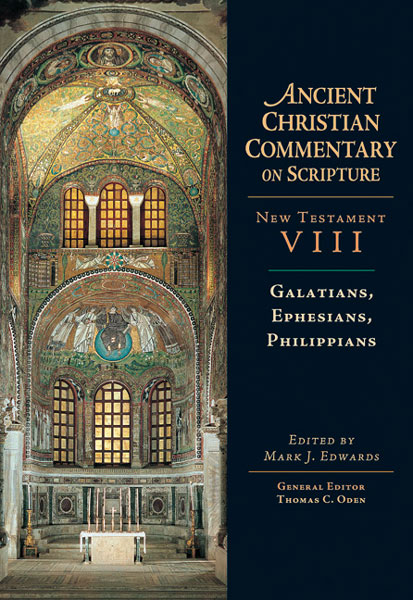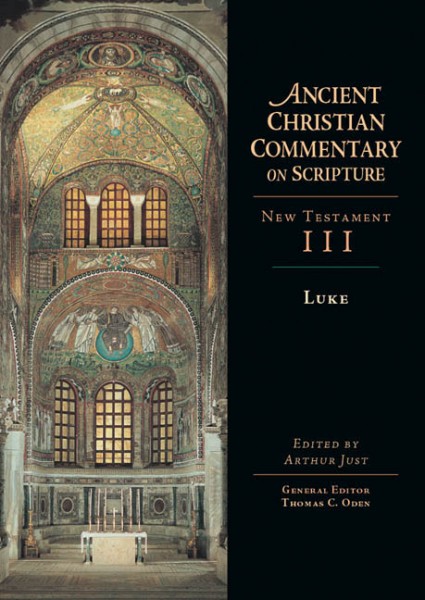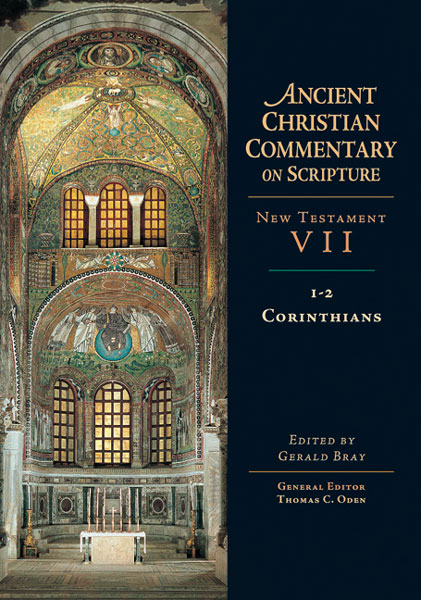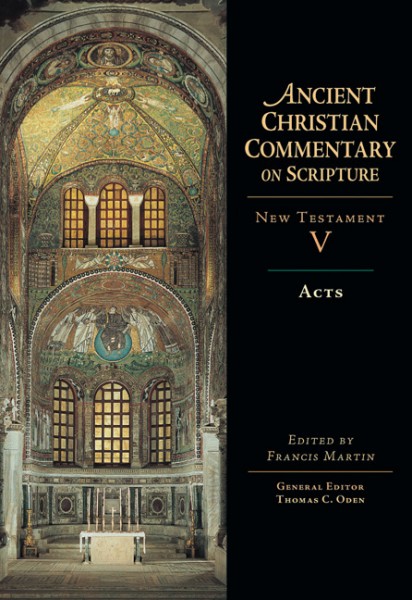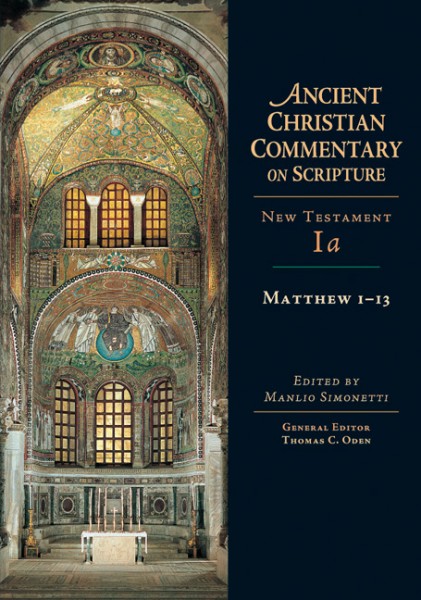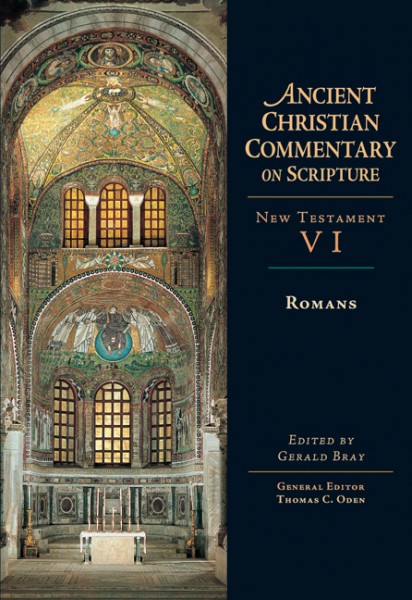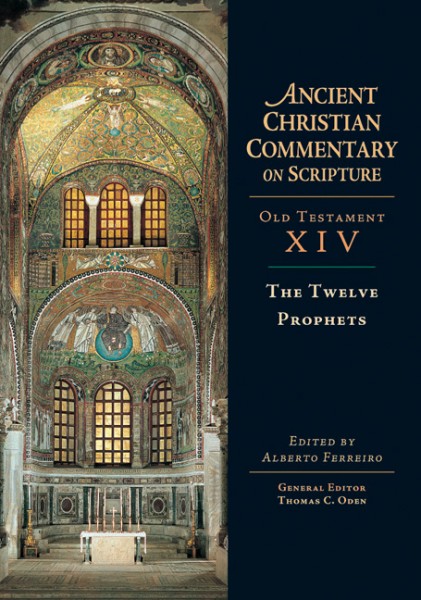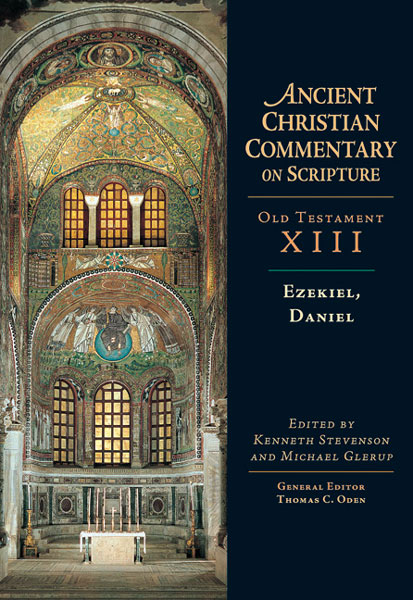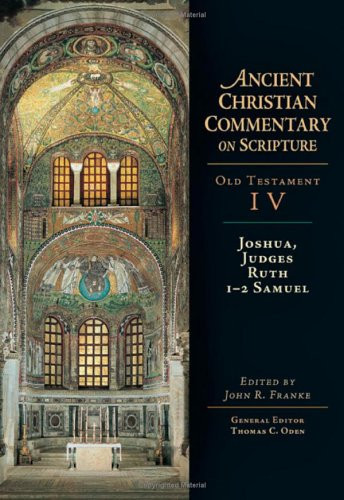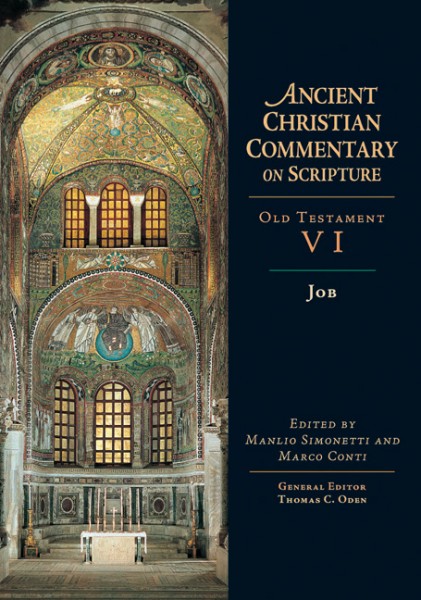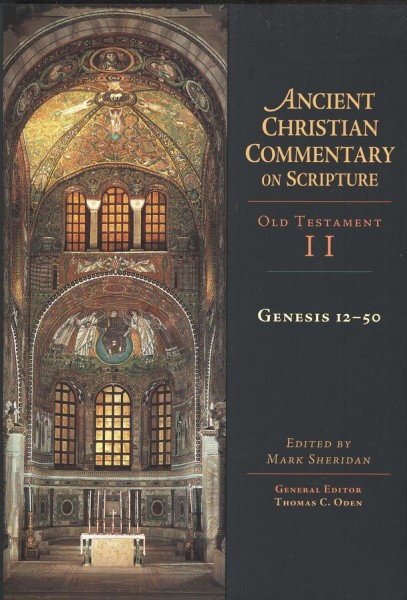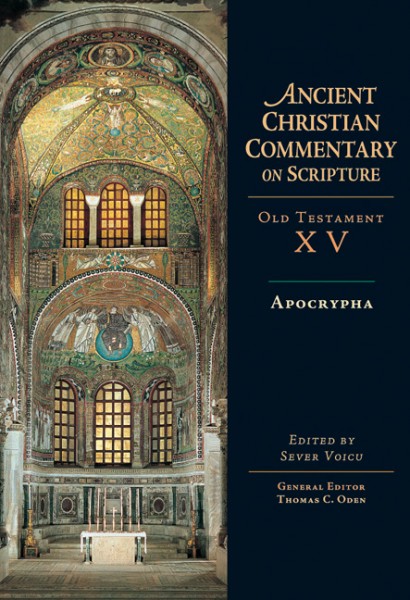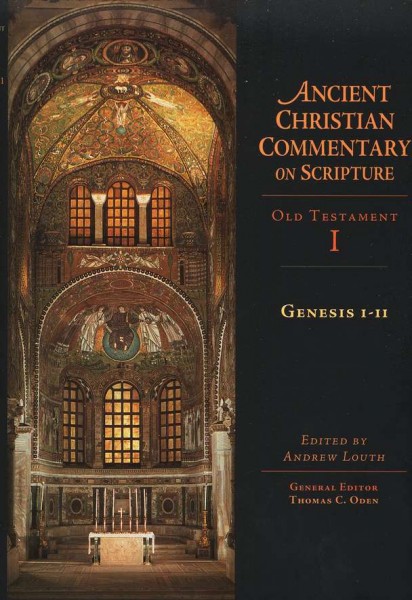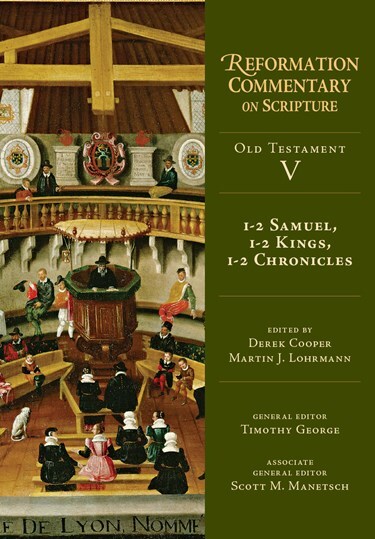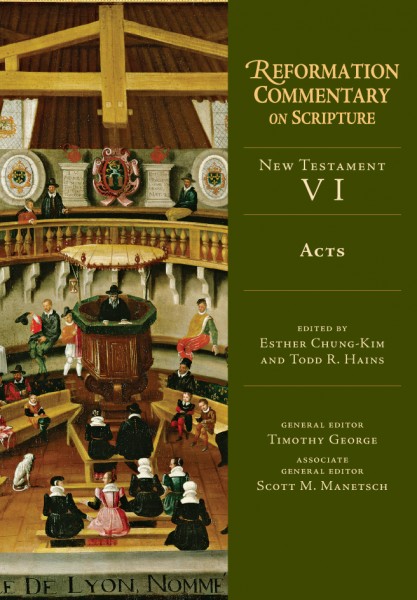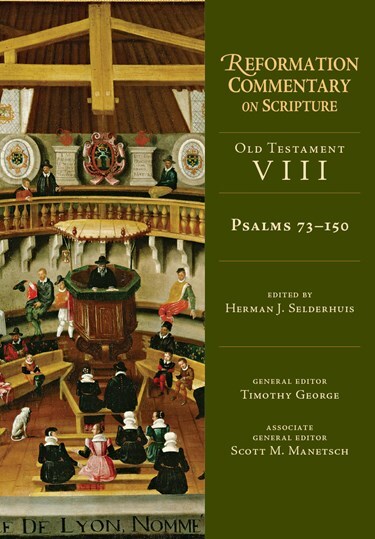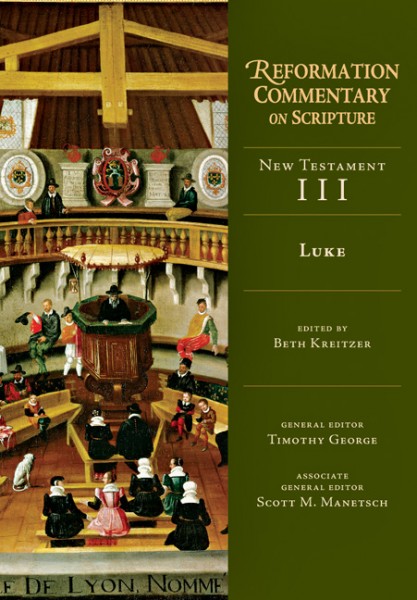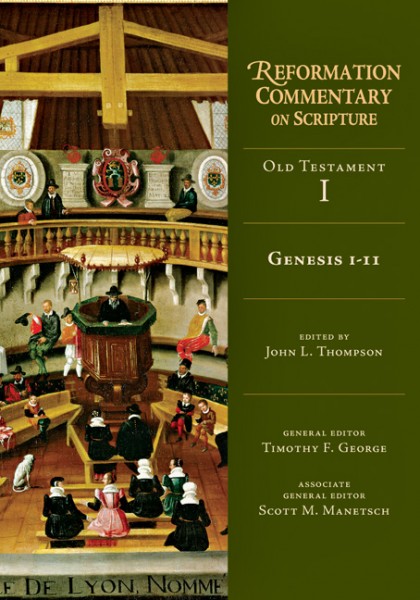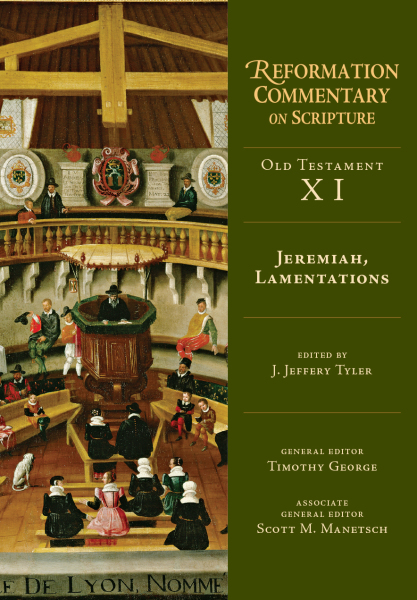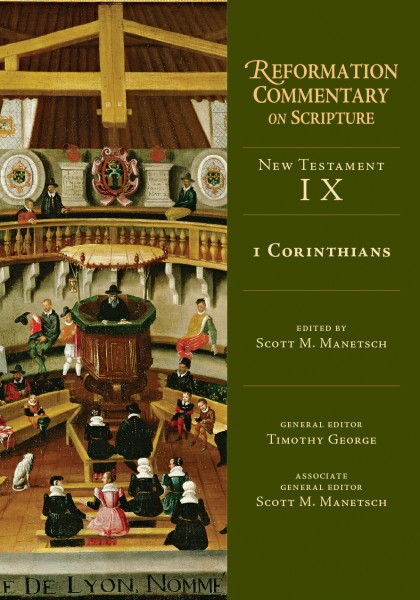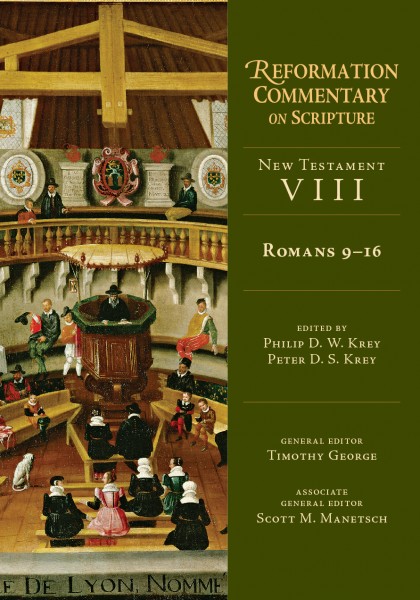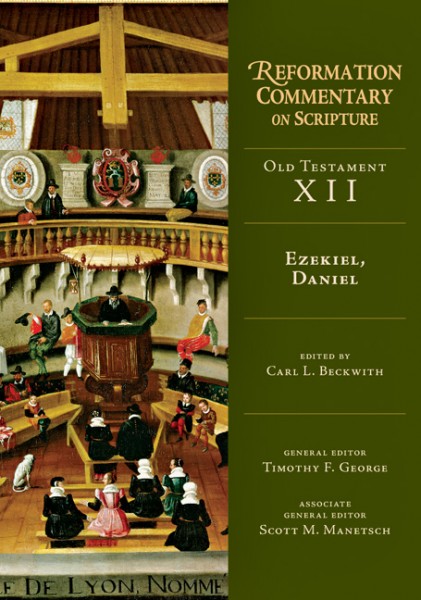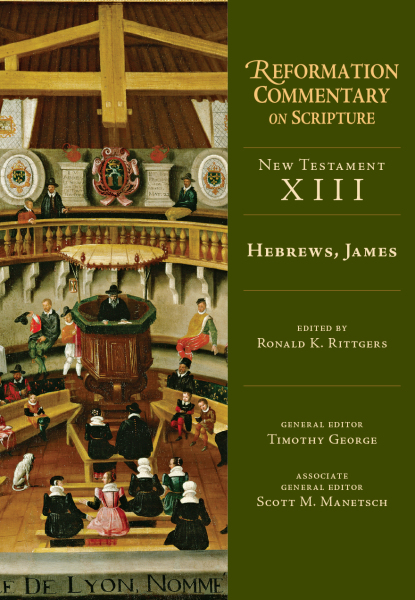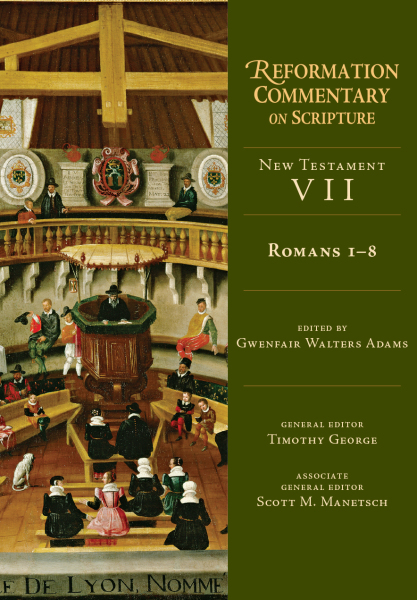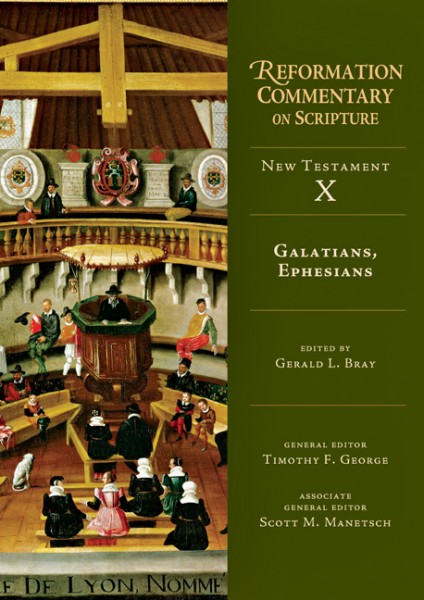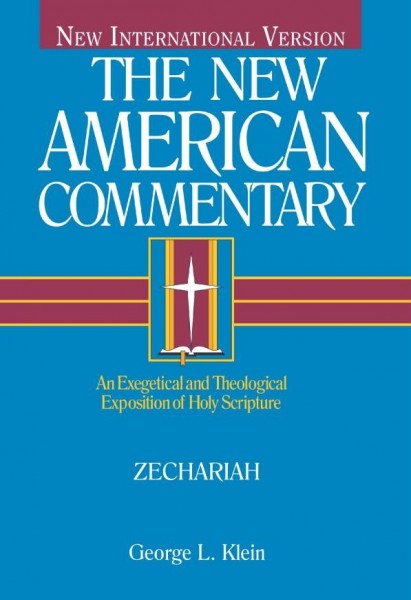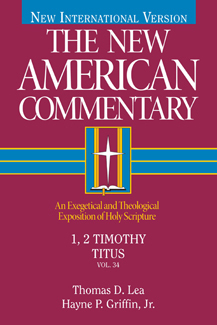



The Ancient Christian Commentary on Scripture does what very few of today's students of the Bible could do for themselves. With the aid of computer technology, the vast array of writings from the church fathers—including much that is available only in the ancient languages—have been combed for their comment on Scripture. From these results, scholars with a deep knowledge of the fathers and a heart for the church have hand-selected material for each volume, shaping, annotating and introducing it to today's readers. Each portion of commentary has been chosen for its salient insight, its rhetorical power and its faithful representation of the consensual exegesis of the early church.
The Ancient Christian Commentary on Scripture is an ecumenical project, promoting a vital link of communication between the varied Christian traditions of today and their common ancient ancestors in the faith. On this shared ground, we listen as leading pastoral theologians of seven centuries gather around the text of Scripture and offer their best theological, spiritual and pastoral insights.
Today the historical-critical method of interpretation has nearly exhausted its claim on the biblical text and on the church. In its wake there is a widespread yearning among Christian individuals and communities for the wholesome, the deep and the enduring. The Ancient Christian Commentary on Scripture does not seek to replace those excellent commentaries that have been produced in the twentieth century. Rather, it supplements them, framing them with interpretive voices that have long sustained the church and only recently have fallen silent. It invites us to listen with appreciative ears and sympathetic minds as our ancient ancestors in the faith describe and interpret the scriptural vistas as they see them.
The Ancient Christian Commentary on Scripture is a postcritical revival of the early commentary tradition known as the glossa ordinaria, a text artfully elaborated with ancient and authoritative reflections and insights. An uncommon companion for theological interpretation, spiritual reading, and wholesome teaching and preaching.
About the Hebrews volume:
Distinctive in form, content and style, the epistle to the Hebrews offers a profound high Christology and makes an awe-inspiring contribution to our understanding of Jesus as our High Priest. The earliest extant commentary on the letter comes to us in thirty-four homilies from John Chrysostom. These homilies serve to anchor the excerpts chosen by the editors of this volume because of their unique place in the history of interpretation. In addition to being the first comprehensive commentary on the letter, they deeply influenced subsequent interpretation in both the East and the West, and their rhetorical eloquence has long been acknowledged.
As in other Ancient Christian Commentary volumes, the excerpts chosen range widely over geography and time from Justin Martyr and Clement of Rome in the late first and early second century to The Venerable Bede, Isaac of Nineveh, Photius and John of Damascus in the eighth and ninth centuries. The Alexandrian tradition is well represented in Clement of Alexandria, Origen, Athanasius, Didymus and Cyril of Alexandria, while the Antiochene tradition is represented in Ephrem the Syrian, Theodore of Mopsuestia, Severian of Gabala and Theodoret of Cyr. Italy and North Africa in the West are represented by Ambrose, Cassiodorus and Augustine, while Constantinople, Asia Minor and Jerusalem in the East are represented by the Great Cappadocians--Basil the Great, Gregory of Nazianzus and Gregory of Nyssa--Eusebius, Cyril of Jerusalem and Jerome.
Edited by Erik M. Heen and Philip D. W. Krey, this volume offers a rich treasure of ancient wisdom from Hebrews for the enrichment of the church today.
